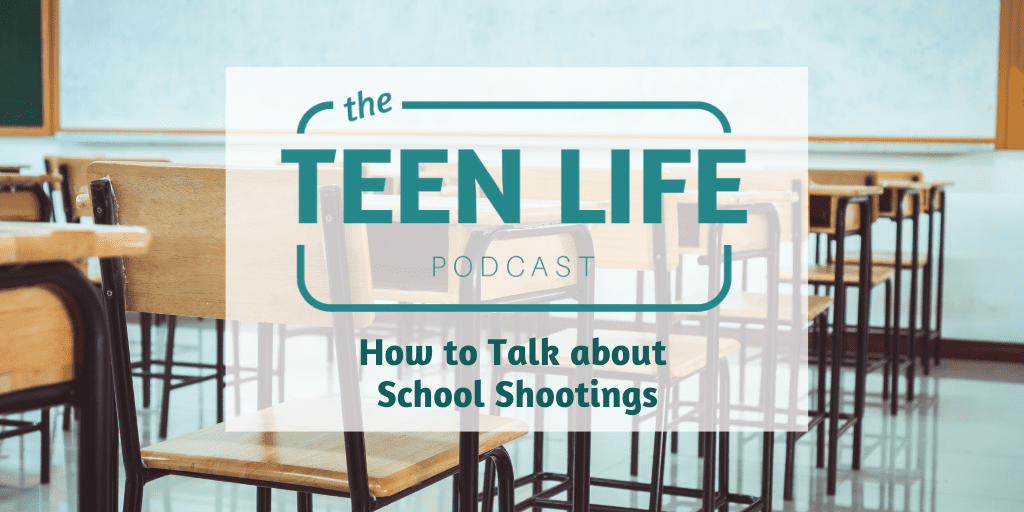
Imitation as a Form of Habit-Creation
As a Teen Life team, we have been reading James Clear’s Atomic Habits. It has been eye-opening not just for forming personal habits, but it has also given me a lot to think about it when it comes to how teenagers form habits and even key beliefs.
It will come as no surprise, but one thing that makes a huge impact on our habits is our environment and the culture we are raised in. We tend to imitate the habits and beliefs around us. Where this becomes an issue for our kids and teenagers is that they don’t get much choice in the home or environment they are raised in.
As adults, we pass on our expectations and rules to the kids in our sphere of influence. We set the habits that they will imitate. We pass on the script of what is important, where they should focus their attention, and how they should behave on a day-to-day basis.
In his book, James Clear talks about several reasons we imitate those around us, but the simple truth is that the most attractive behaviors are those that help us fit in and feel like we are part of the group. He talks about three groups that we tend to imitate: the close, the many, and the powerful. However, when it comes to teenagers, I want to focus on the first two and how we can help our kids imitate the right behaviors at the right time.
Imitating the Close
We all know the couples that start to look like each other the longer they are married. Or the families who have the same mannerisms. The closer we are to someone, the more we are going to take on their habits as our own. This is a great concept when you are surrounded by people who love you and have healthy habits themselves.
We talk a lot about peer pressure for adolescents. But peer pressure is usually only a bad thing when they are surrounded by negative influences. Teenagers might not be able to choose who they live with or how their family acts, but they can choose which friends they spend time with. Who they choose hang out with matters!
It is important that we encourage teenagers to join a culture and group that has positive habits. If they want to be successful in the classroom, they need to find friends who make good grades. If a sport or extracurricular activity is important to them, they should hang out with people who are motivated in the same way. As James says, “Surround yourself with people who have the habits you want to have yourself. You’ll rise together.”
Imitating the Many
In addition to imitating those we are closest too, we also tend to follow the crowd in order to fit in. Think about it – if you are in a situation where you don’t know what to do or where to go, what is your first instinct? You will probably look around and do what the people around you are doing. It is often easier to go with the flow than try to stand out.
This is especially important for teens who live in a world where fitting in impacts social status, friendships, and self-esteem. However, as James Clear points out, “The reward of being accepted is often greater than the reward of winning an argument, looking smart, or finding the truth. Most days, we’d rather be wrong with the crowd than be right by ourselves.”
While we can all admit that there is a pull to get along with others and not rock the boat, it is concerning that we would rather be wrong or change our beliefs than go against the environment we find ourselves in. For teens, going against their culture, school, friends, family, etc. requires more effort than following the habits around them. Which is why sometimes they have to change their environment before they can change a particular habit.
We all have habits we wish to break or create to make us better. Habit-forming is especially important for our teenagers. Some of the habits they create now will stick around for the rest of their lives.
While we can’t do the hard work of habit creation for them, here are a few ways you can help make their environment more conducive for positive habits.
- Create and model healthy habits yourself – have the habits you want your kids or students to imitate.
- Encourage teens to join groups that share similar passions and goals.
- Foster a safe environment where teens want to gather – it could be your home, your classroom, or your youth ministry. Let’s help them find positive influences in a safe place!
- Be intentional about what adults are in your teen’s life. Ask who they would want talk to. Surround them with consistent, caring influences.
Let’s be advocates for teenagers, the environments they are living in, and the habits they are forming!

Karlie Duke
Communications Director
Karlie Duke | Director of Communications
Karlie has always had a heart for teenagers. Through her role at Teen Life, she loves to showcase the amazing stories coming out of Support Groups, but she is especially passionate about helping adults and teenagers find connection. Karlie has a BS in Communications with a minor in Family Studies from Abilene Christian University.












